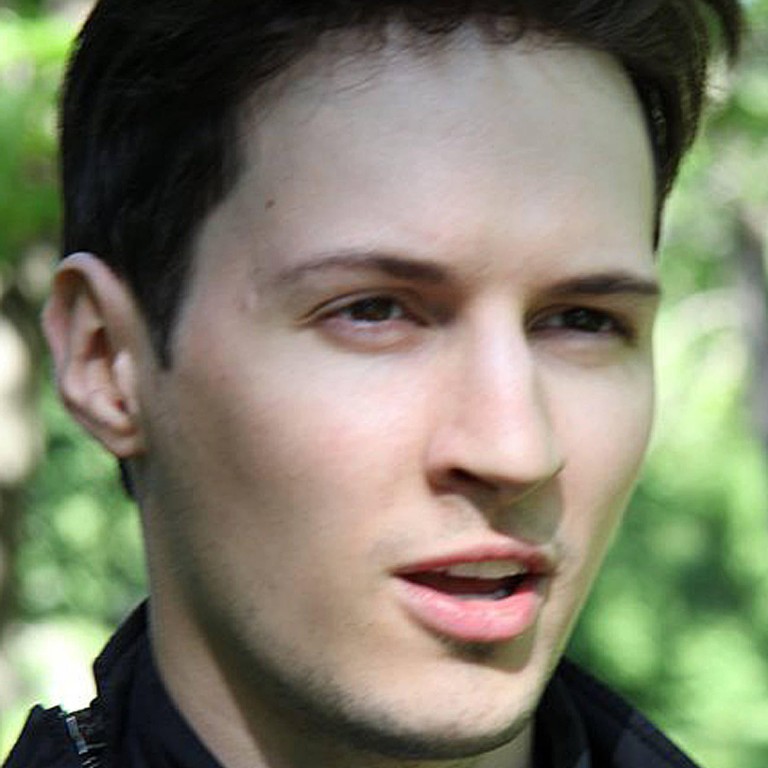
Russian social network founder quits amid concern over internet freedom
The founder of Russia's most successful social network has left the company after a protracted dispute with its Kremlin-linked owners, raising questions over internet freedom in the country.
The founder of Russia's most successful social network has left the company after a protracted dispute with its Kremlin-linked owners, raising questions over internet freedom in the country.
Announcing that he was leaving Vkontakte, Pavel Durov said he had been unhappy with the way the company had been run since its ownership structure changed last year.
"The freedom of action of the chief executive in managing the company has considerably decreased. It has been harder and harder to remain with those principles on which our social network is based," Durov wrote on his personal Vkontakte page.
The statement finished with a quote from - "So long and thanks for all the fish" - which many initially took to be an April Fools' joke. The company later confirmed that Durov had left.
Vkontakte is popular in Russia and other former Soviet Union countries, where it has more than 100 million users. It is part owned by the Kremlin-friendly oligarch Alisher Usmanov and part by an investment fund thought to have links to the Kremlin.
Durov has rarely given interviews or appeared in public. He is known for occasional extravagant gestures, such as throwing money out of the window of the Vkontakte offices in St Petersburg to delighted passersby.
During the anti-Putin protests that gripped Russia in early 2012, Durov emerged as a hero of the liberal opposition by refusing to close down groups on the site dedicated to organising protest marches.
He said later that it had been a purely business decision, arguing that if Russian networks were forced to close down such groups while foreign-based ones were not, the Russian network would die a slow death. As it is, the urban elite in Russia has begun moving from Vkontakte to Facebook in recent years, although Vkontakte still has the far larger market share. The Kremlin has recently paid increasingly close attention to the internet, and may want control over a resource as influential as Vkontakte.
The struggle for the social networking site seems to stem from its involvement in the 2012 protests. Last year Durov fled Russia after he was sought by police for his role in a traffic accident, which associates claimed was part of a political attack. The charges were later downgraded.
In a statement issued after Durov's departure, Usmanov praised him and said he hoped the founder would stay involved with the company. "I supported and will continue to support Durov," he said. "I think he is a talented person and I will do everything I can so that his links with Vkontakte are not destroyed."
